When you’re in a hole, stop digging. It is one of the most persuasive pieces of advice given to politicians, yet also the one least adhered to.
For more than six years, the UK has been digging a deep Brexit pit and shows no sign of putting down the spade.
The damage of quitting the EU – especially given the disorderly manner in which it was done, and the extreme version of Brexit pursued by British governments – is becoming more obvious by the day.
A particularly painful moment will be Thursday’s Autumn Statement by the Chancellor, Jeremy Hunt.
It’s shaping up to be a grisly grue of spending cuts and tax rises.
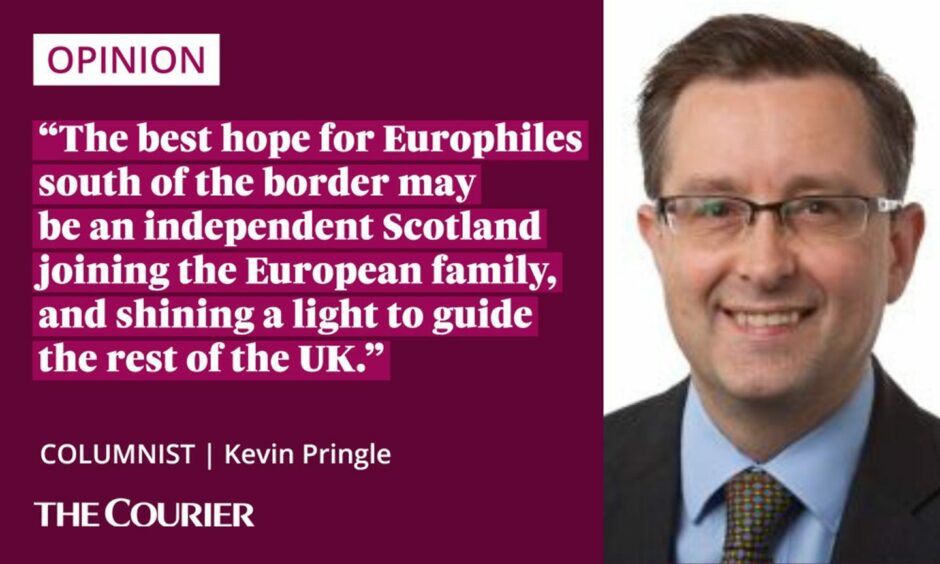
What seems like the bad dream of Liz Truss’s short-lived administration may have taken us to this point. But Brexit provides the broader economic context.
There is also the political context. Which is that unsuitable candidates such as Ms Truss and Boris Johnson would never have become prime minister had the UK not started spinning away from its European orientation in 2016.
It’s Brexit that’s wrecking the economy, stupid
This week, a senior economist and former Bank of England’s monetary policy committee member said what needs saying about Brexit.
In an interview on Bloomberg TV, Michael Saunders told the truth: “The UK economy as a whole has been permanently damaged by Brexit.
“It’s reduced the economy’s potential output significantly, eroded business investment.
“If we hadn’t had Brexit, we probably wouldn’t be talking about an austerity budget this week.
“The need for tax rises, spending cuts, wouldn’t be there if Brexit hadn’t reduced the economy’s potential output so much.”
Let that sink in.
The politicians who so casually jeopardised Britain’s place in Europe, with an unnecessary referendum, should have studied the history of why both Conservative and Labour governments in the 1960s and 1970s worked so hard for us become a member in the first place.
Among other reasons, it was pursued as a means of arresting British economic decline.
Brexit vote contrasts with question of Scottish independence
As a ‘by the by’, there ought to be a constitutional rule that a government can only hold a referendum if it actually advocates the proposition being put, and gets voted in on that basis.
UKIP – the party of Brexit – only ever had a measly one MP elected, initially in unusual by-election circumstances.
As a Scottish ‘by the by’, the UK government held a referendum in 2016 about a proposal it was strongly opposed to (Brexit), but denies the Holyrood government a referendum for something it strongly believes in (independence) and has a mandate for.
I’ve never heard a convincing explanation for why the former should have happened but the latter shouldn’t.
The SNP and Greens are clear that, under independence, Scotland should apply to become a member state of the EU, not least because 62% of us voted to stay in.
Scottish independence – a beacon for Brexit opposition?
At UK level, however, it isn’t enough for economists and experts to speak out.
The Labour leadership at Westminster should have the bravery to point out that the Brexit emperor has no clothes.
And it wouldn’t require that much political courage, given the sizeable polling majorities in England as well as Scotland for the view that Brexit was wrong, and that Britain should rejoin the EU.
At the very least, Labour should be in favour of getting back into the European single market and restoring freedom of movement.
The Lib Dems are committed to “a longer-term objective” of EU membership.
But the harm is happening now.
The best hope for Europhiles south of the border may be an independent Scotland joining the European family, and shining a light to guide the rest of the UK.
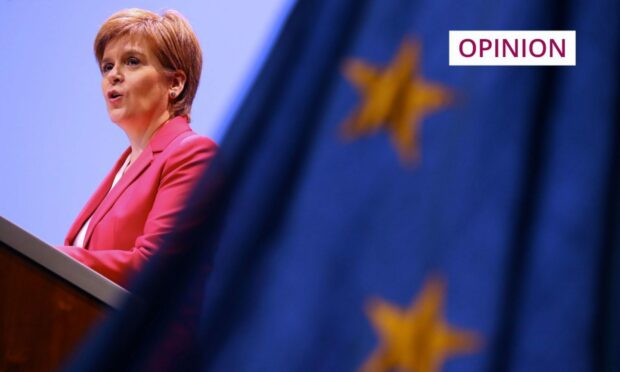
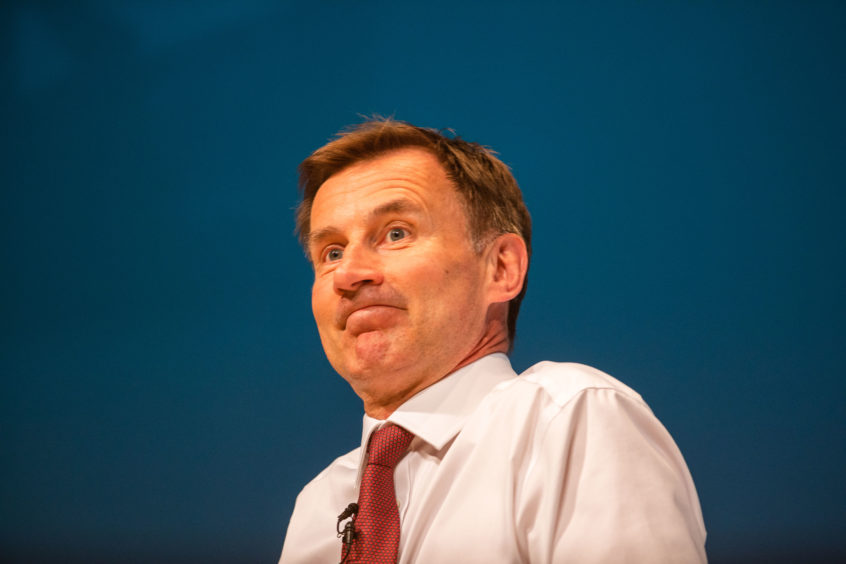
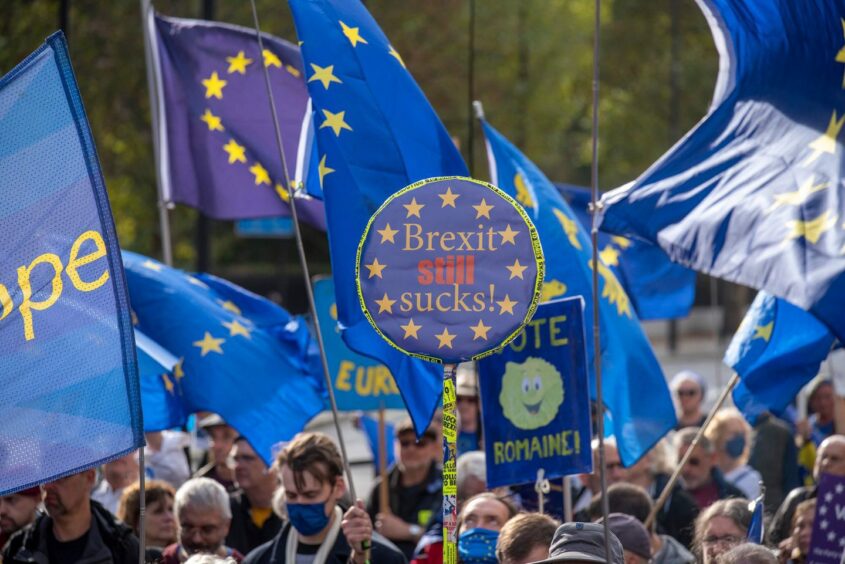
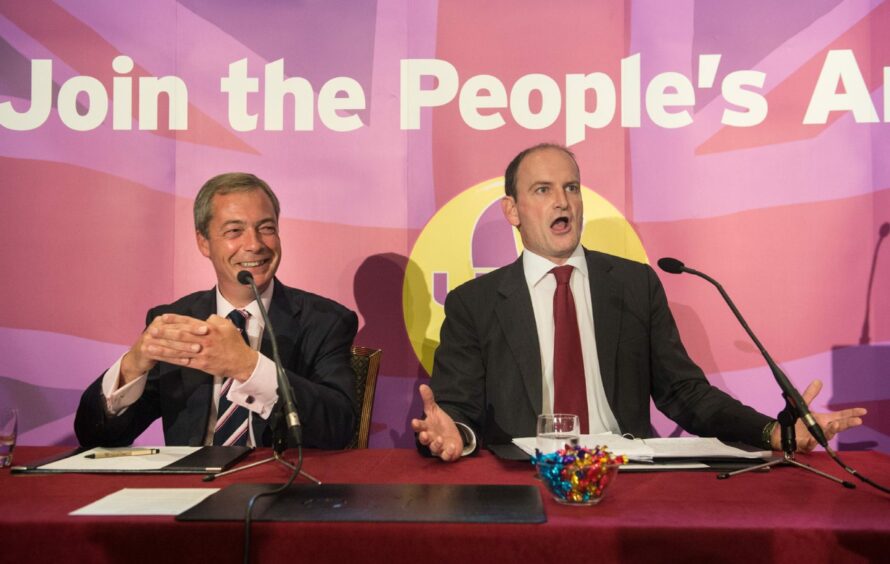
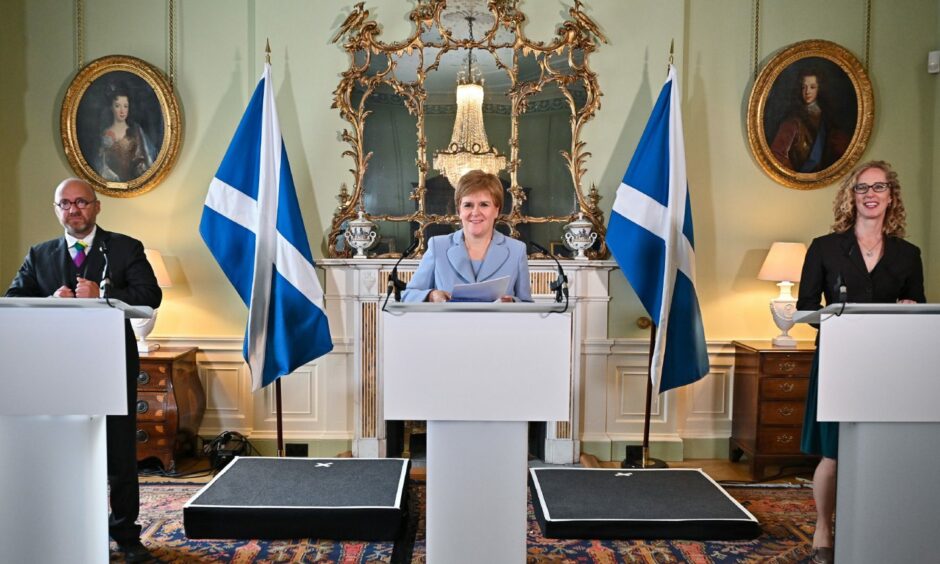
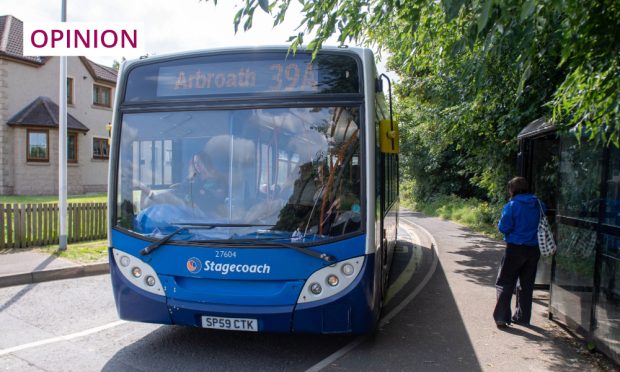
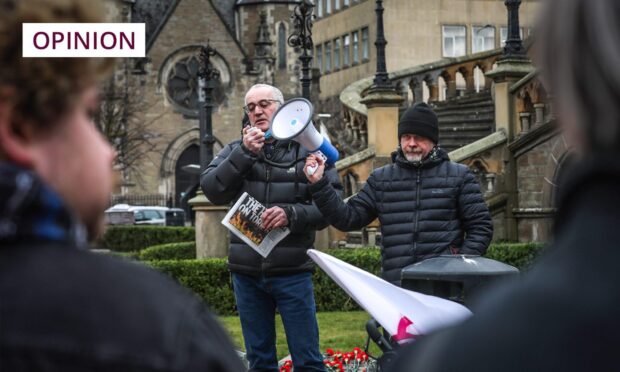

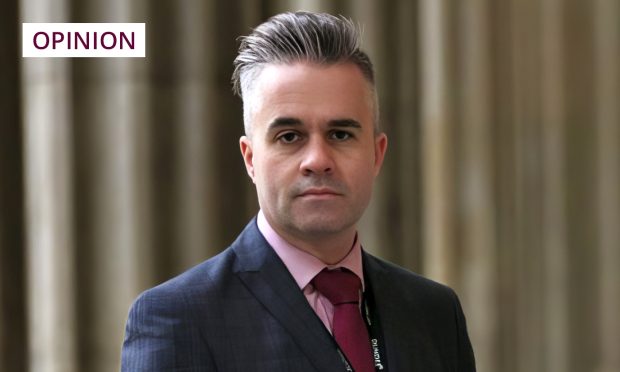
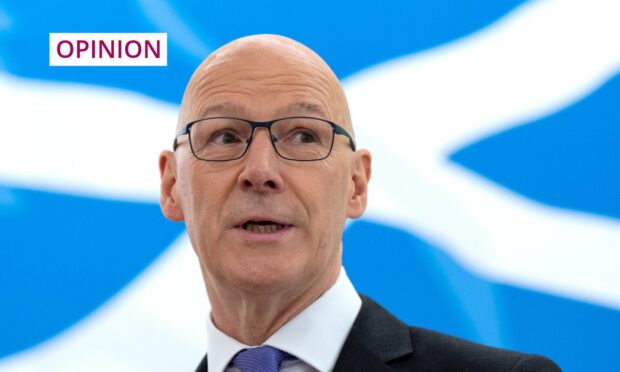
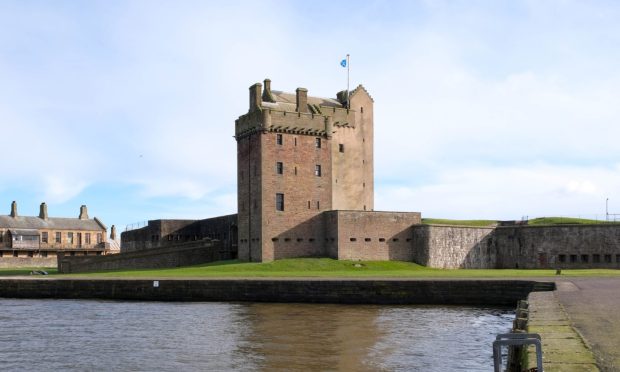
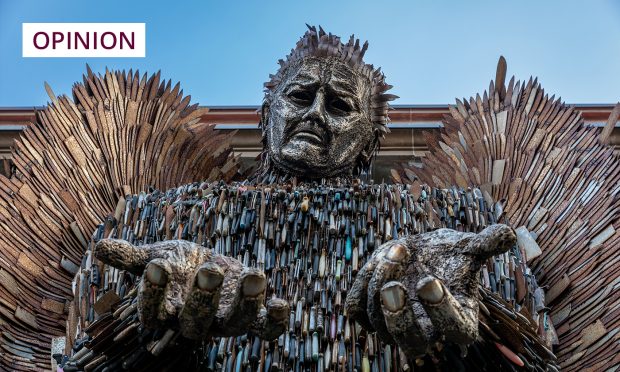


Conversation